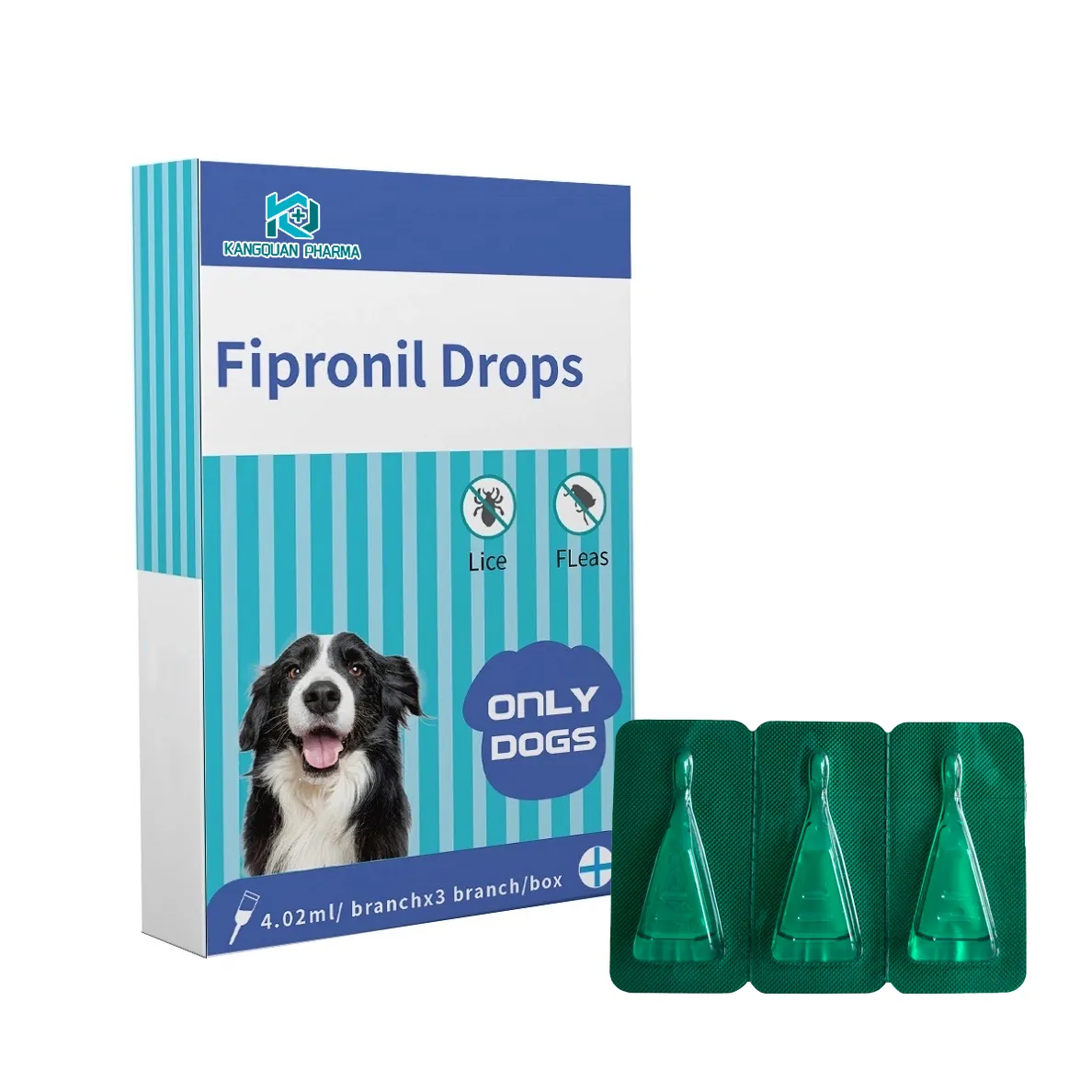- Afrikaans
- Albanian
- Amharic
- Arabic
- Armenian
- Azerbaijani
- Basque
- Belarusian
- Bengali
- Bosnian
- Bulgarian
- Catalan
- Cebuano
- Corsican
- Croatian
- Czech
- Danish
- Dutch
- English
- Esperanto
- Estonian
- Finnish
- French
- Frisian
- Galician
- Georgian
- German
- Greek
- Gujarati
- Haitian Creole
- hausa
- hawaiian
- Hebrew
- Hindi
- Miao
- Hungarian
- Icelandic
- igbo
- Indonesian
- irish
- Italian
- Japanese
- Javanese
- Kannada
- kazakh
- Khmer
- Rwandese
- Korean
- Kurdish
- Kyrgyz
- Lao
- Latin
- Latvian
- Lithuanian
- Luxembourgish
- Macedonian
- Malgashi
- Malay
- Malayalam
- Maltese
- Maori
- Marathi
- Mongolian
- Myanmar
- Nepali
- Norwegian
- Norwegian
- Occitan
- Pashto
- Persian
- Polish
- Portuguese
- Punjabi
- Romanian
- Russian
- Samoan
- Scottish Gaelic
- Serbian
- Sesotho
- Shona
- Sindhi
- Sinhala
- Slovak
- Slovenian
- Somali
- Spanish
- Sundanese
- Swahili
- Swedish
- Tagalog
- Tajik
- Tamil
- Tatar
- Telugu
- Thai
- Turkish
- Turkmen
- Ukrainian
- Urdu
- Uighur
- Uzbek
- Vietnamese
- Welsh
- Bantu
- Yiddish
- Yoruba
- Zulu
12월 . 10, 2024 02:51 Back to list
Effective Treatments for Eliminating Tapeworms in Horses
What Kills Tapeworms in Horses Understanding and Managing Parasite Infestation
Tapeworms are one of the many parasites that can infest horses, posing significant health risks and discomfort. Understanding what kills these parasites and how to manage their presence is vital for horse owners and caretakers. In this article, we will delve into the biology of tapeworms, the potential health issues they cause, and the treatments available to eliminate them effectively.
Understanding Tapeworms in Horses
Tapeworms are flat, segmented worms that reside in the intestines of horses. Two primary species infect horses Anoplocephala perfoliata and Anoplocephala magna. They attach themselves to the intestinal lining and can grow to significant lengths, causing various digestive issues. The life cycle of these parasites often involves an intermediate host, typically oribatid mites, that horses ingest while grazing.
Healthy horses can tolerate low levels of tapeworm infestations; however, heavy infestations can lead to serious health problems. Symptoms may include colic, weight loss, poor coat condition, and in severe cases, intestinal blockage. Therefore, recognizing the signs and taking preventive measures is crucial for equine health.
Diagnosis and Treatment
To effectively combat tapeworm infestations, it is imperative to diagnose the problem accurately. A veterinarian can diagnose tapeworm infestations through fecal egg counts, which identify the presence of tapeworm eggs in the horse’s stool. Based on the findings, the vet can recommend appropriate treatment.
Several anthelmintics, or deworming agents, are effective against tapeworms. The most commonly used products include praziquantel, fenbendazole, and ivermectin, often used in combination for enhanced efficacy. Praziquantel specifically targets tapeworm infestation and is considered one of the most effective treatments available.
what kills tapeworms in horses

It is essential to follow the veterinarian's advice on the dosage and frequency of treatment to ensure the complete elimination of the parasites and to avoid any potential drug resistance.
Prevention and Management Practices
Preventing tapeworm infestations is vital for maintaining the health of horses. Regular deworming schedules are the cornerstone of parasite control. It is wise to work with a veterinarian to establish a comprehensive plan tailored to the specific needs of your horse, factoring in age, weight, and lifestyle.
In addition to deworming, maintaining good sanitation practices is crucial. Keeping feeding areas clean and regularly removing manure can help reduce the chances of horses ingesting tapeworm eggs or their intermediate hosts. Rotational grazing can also minimize exposure to parasite-laden pastures.
Regular veterinary check-ups and fecal examinations can further aid in monitoring the horse's parasite load and adjusting the deworming strategy accordingly.
Conclusion
Tapeworms can pose significant health risks to horses, impacting their overall well-being and performance. Understanding what kills tapeworms in horses—such as praziquantel and other effective dewormers—along with implementing a robust prevention and management plan, is essential for horse owners. By maintaining proper hygiene, adhering to a scheduled deworming regimen, and working closely with a veterinarian, horse owners can ensure that their equine companions remain free of tapeworm infestations and enjoy a healthy, vibrant life.
-
Guide to Oxytetracycline Injection
NewsMar.27,2025
-
Guide to Colistin Sulphate
NewsMar.27,2025
-
Gentamicin Sulfate: Uses, Price, And Key Information
NewsMar.27,2025
-
Enrofloxacin Injection: Uses, Price, And Supplier Information
NewsMar.27,2025
-
Dexamethasone Sodium Phosphate Injection: Uses, Price, And Key Information
NewsMar.27,2025
-
Albendazole Tablet: Uses, Dosage, Cost, And Key Information
NewsMar.27,2025













